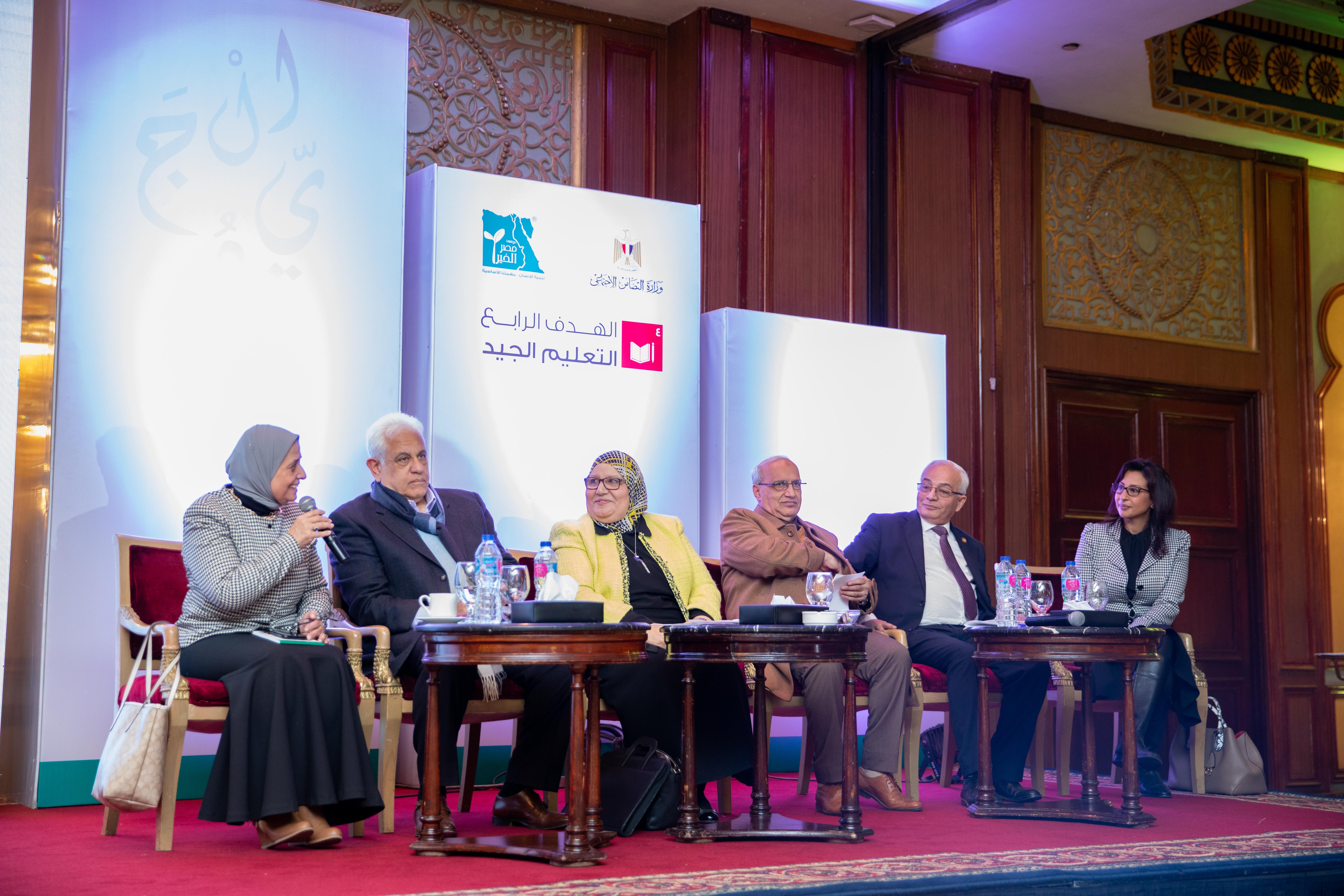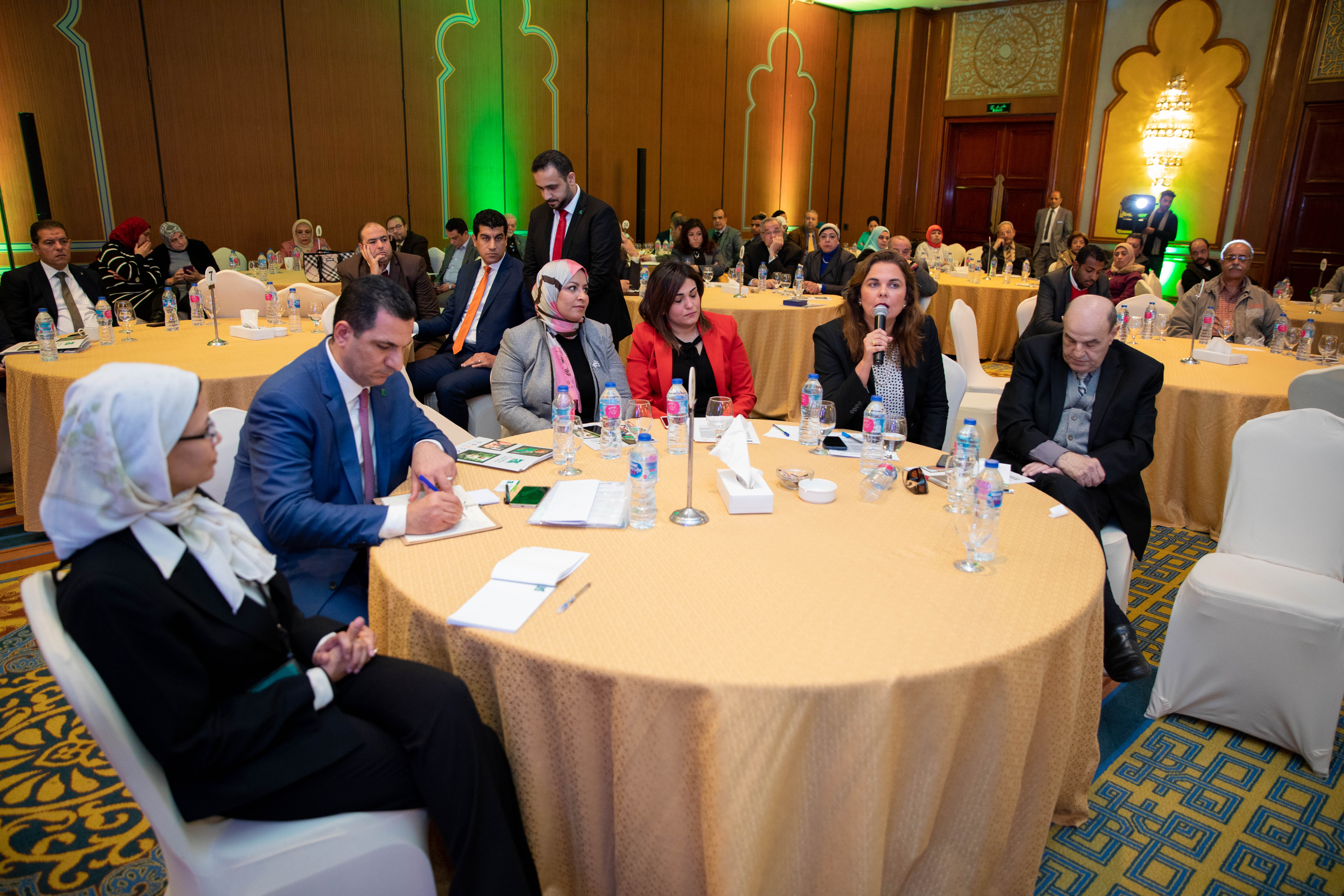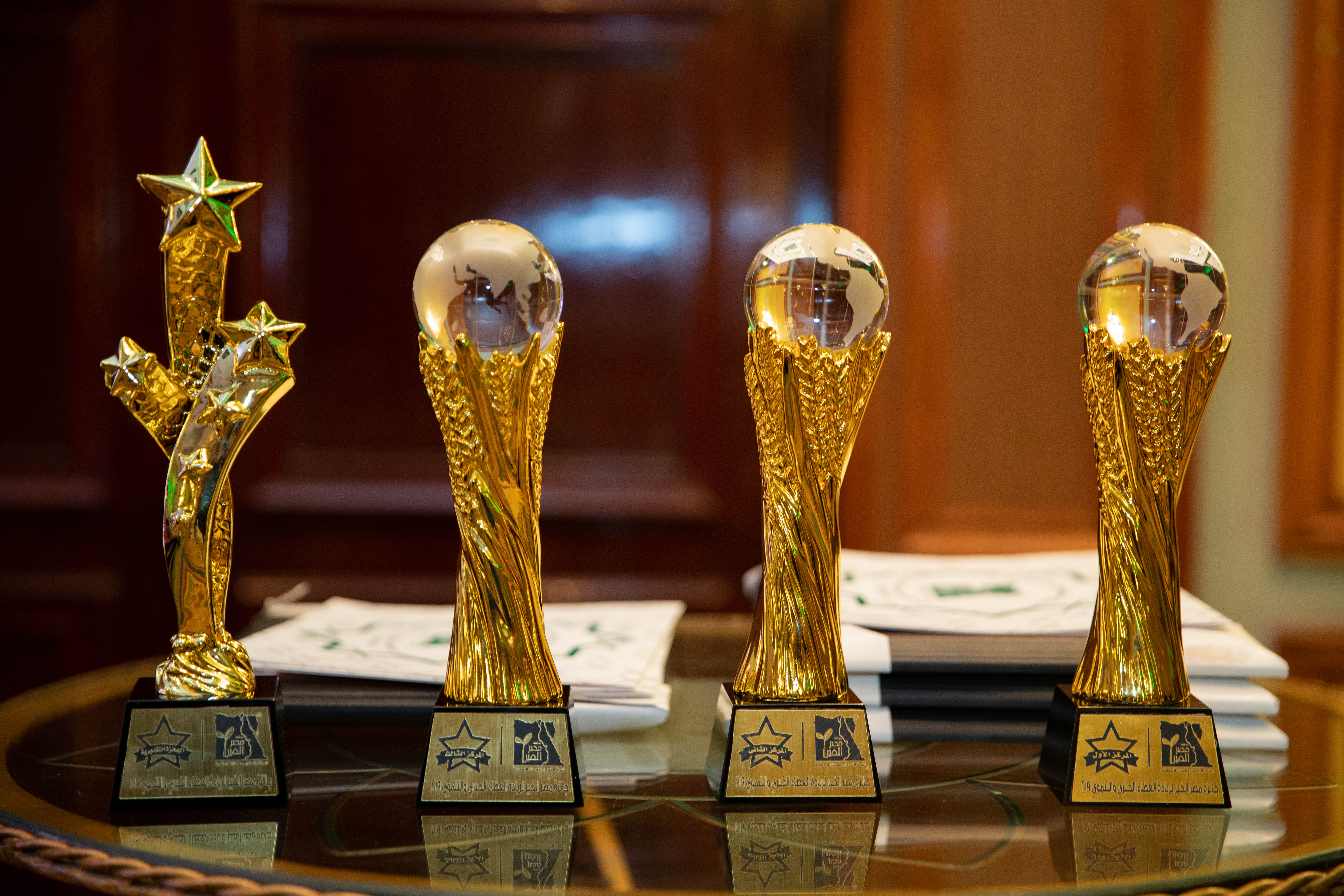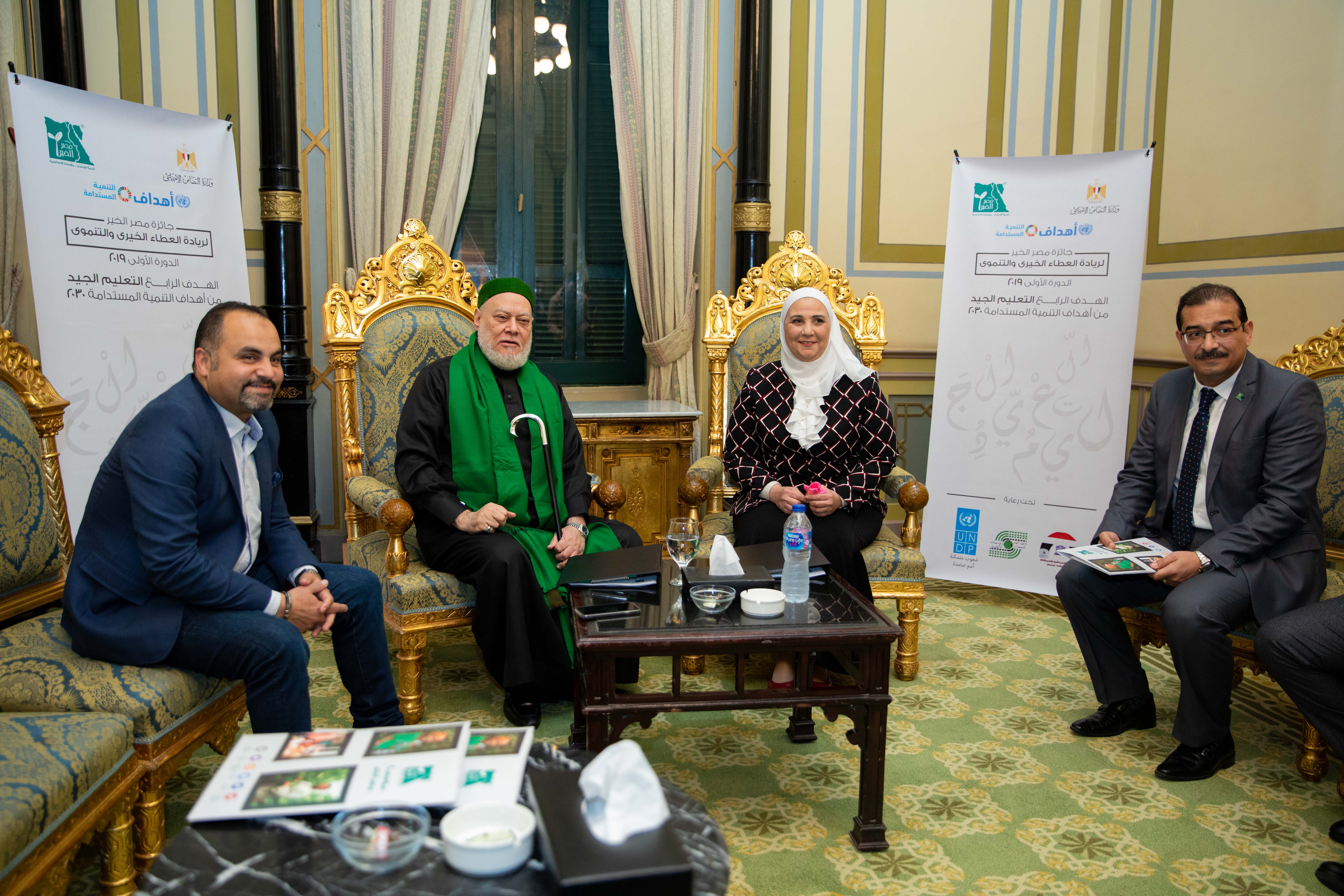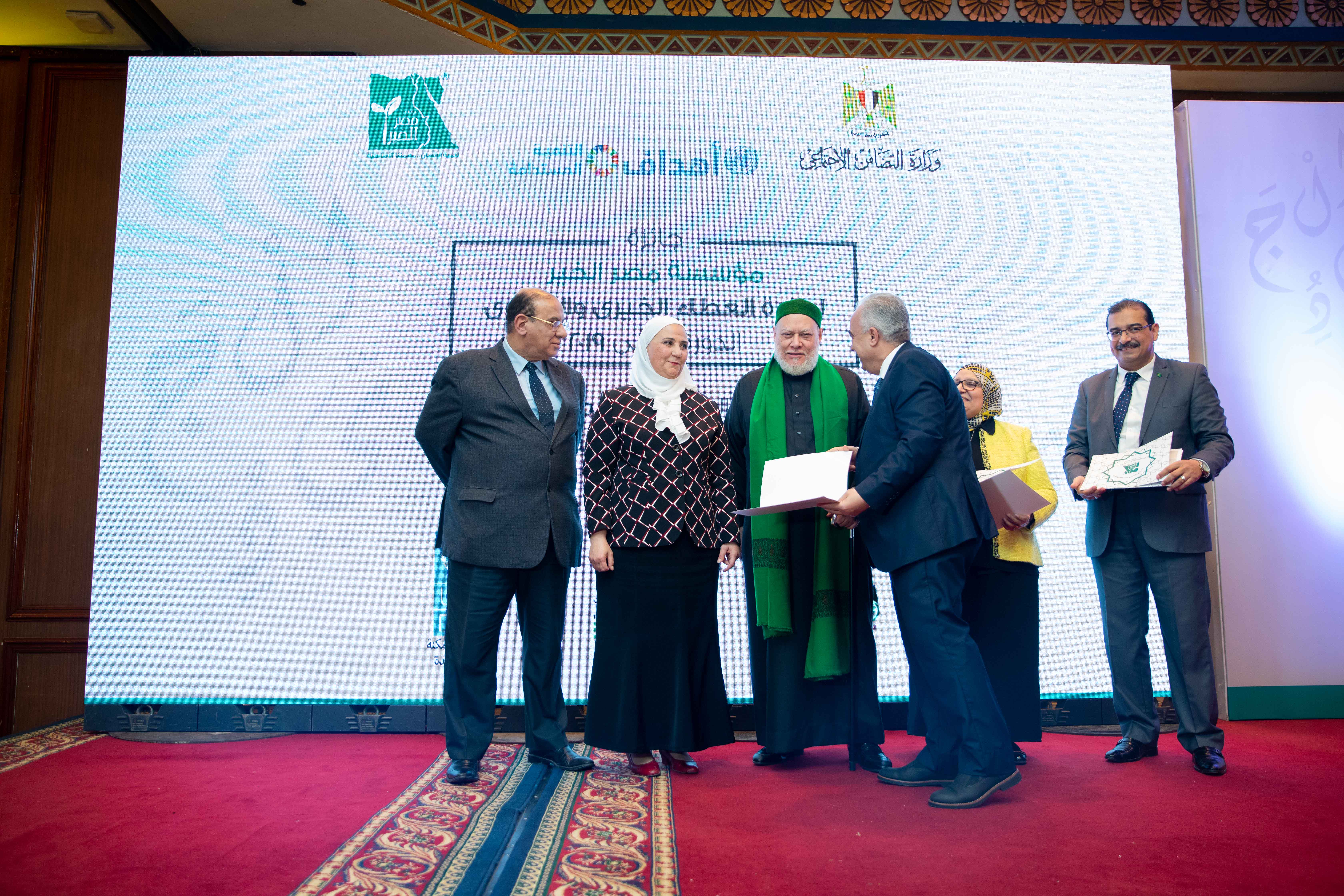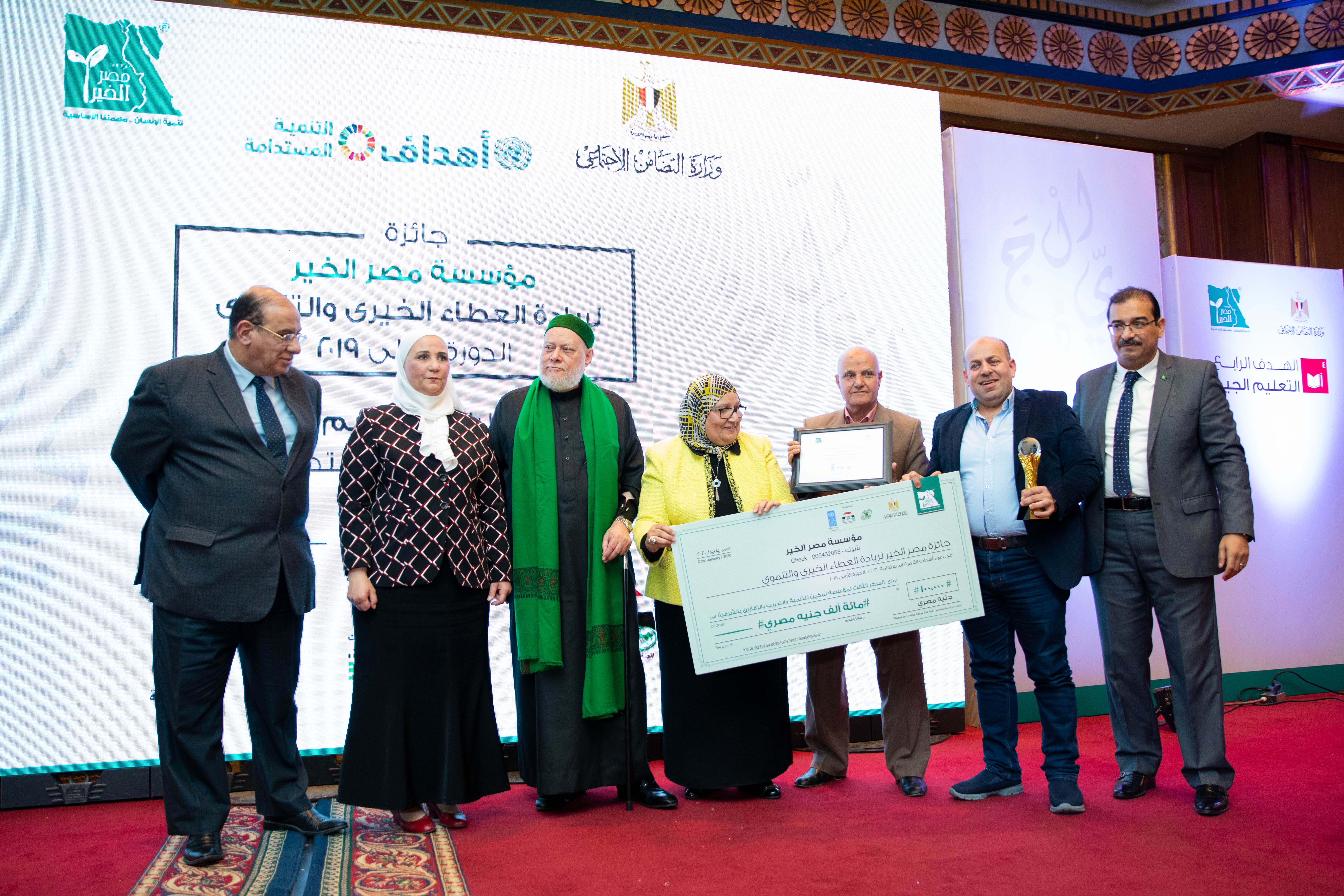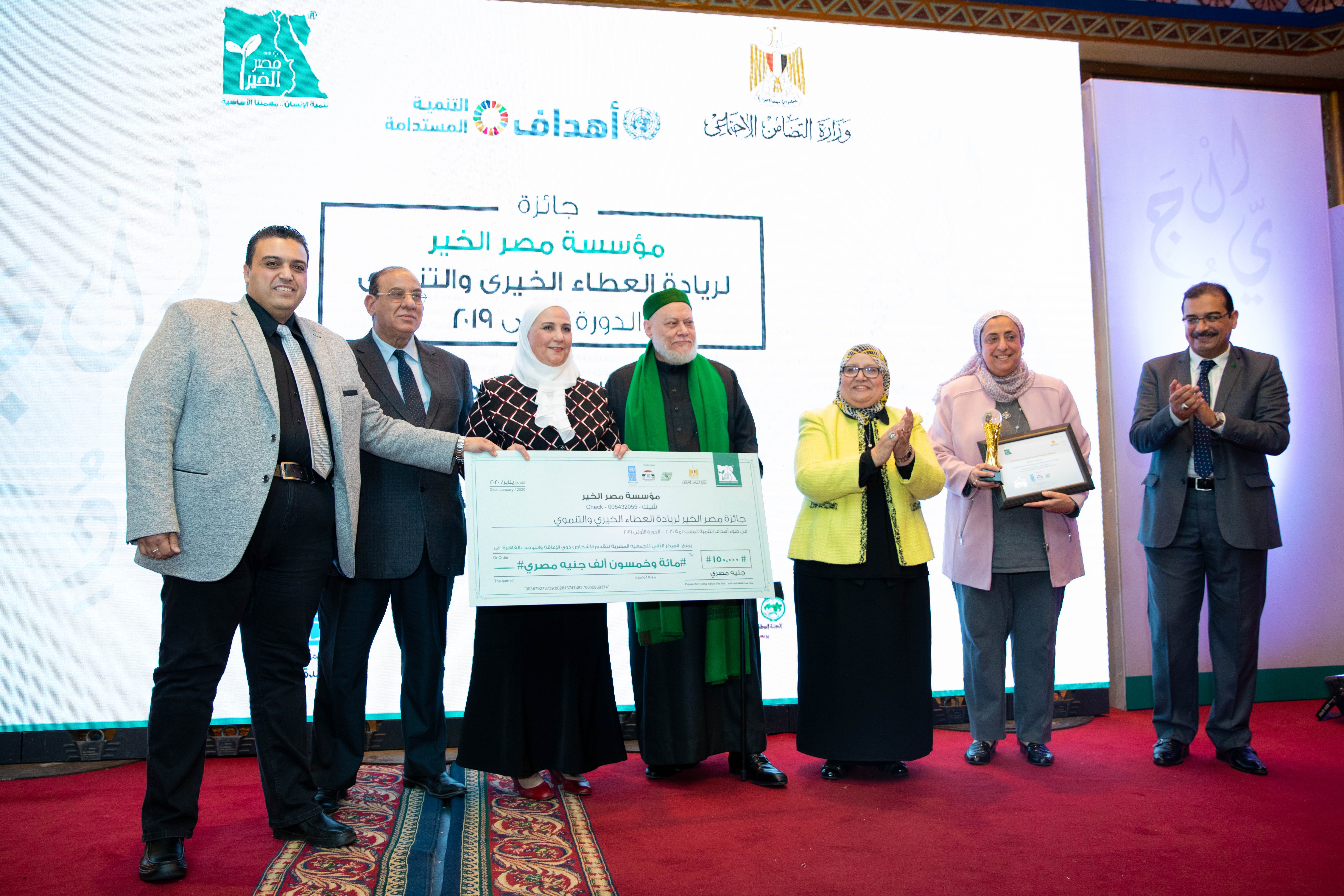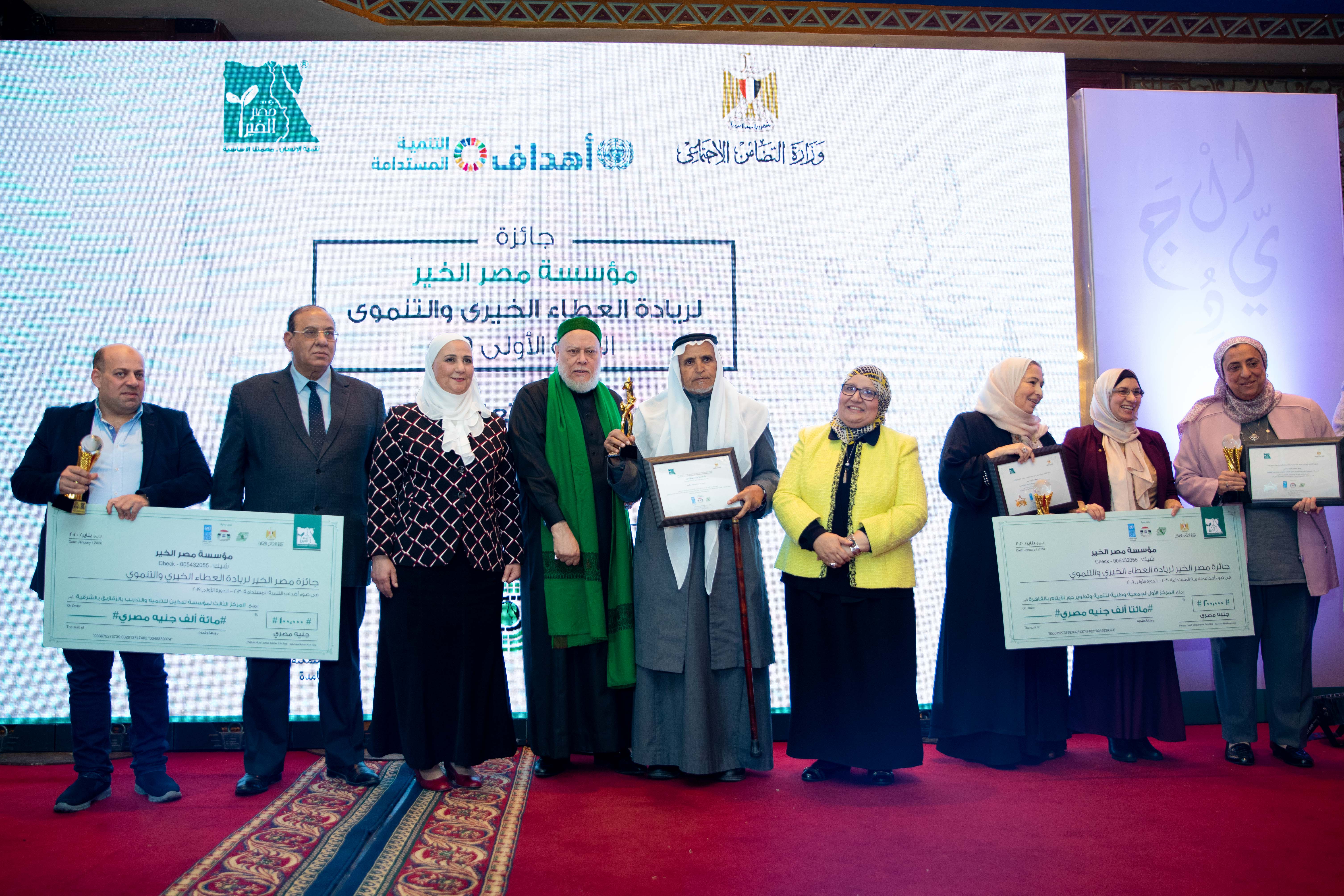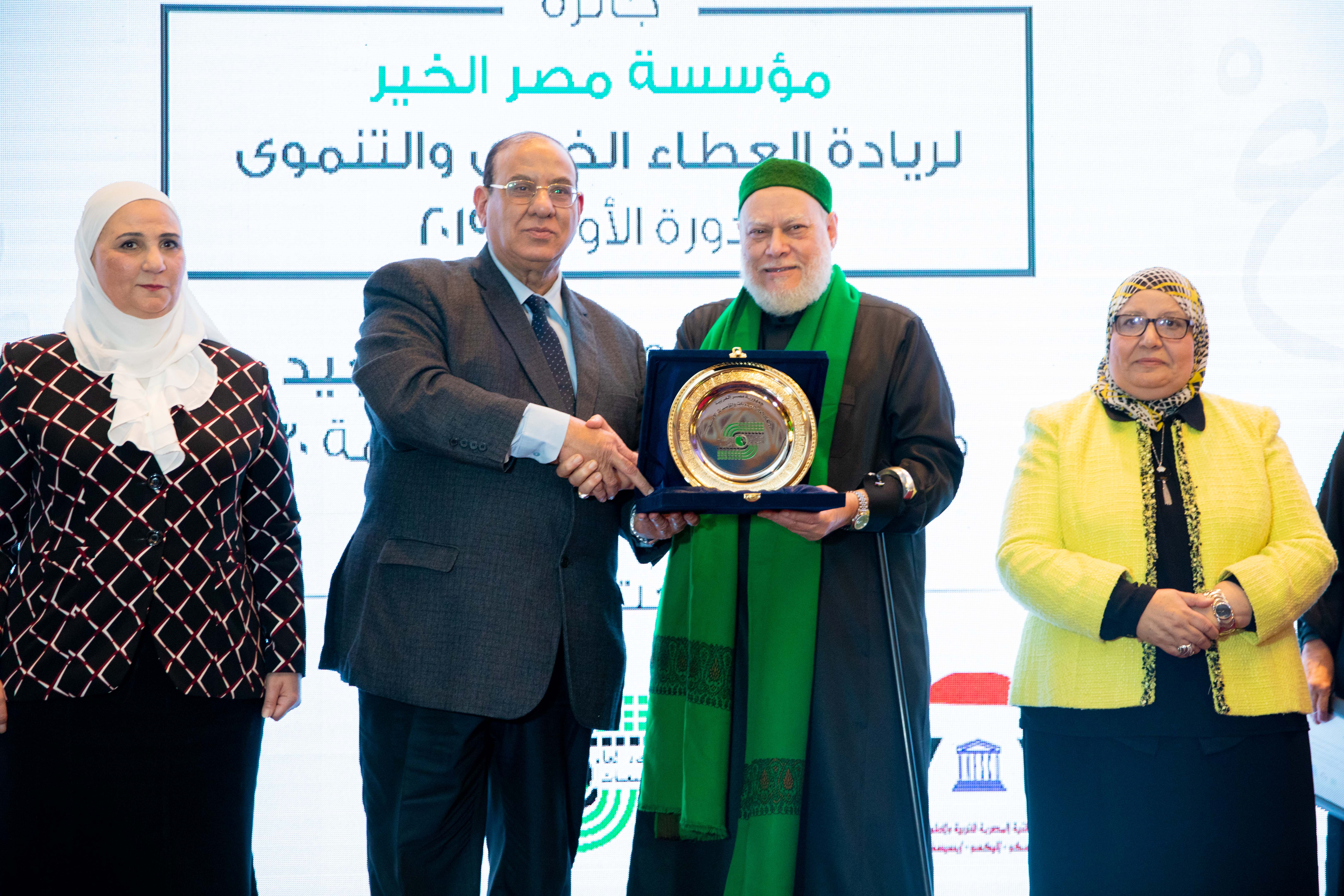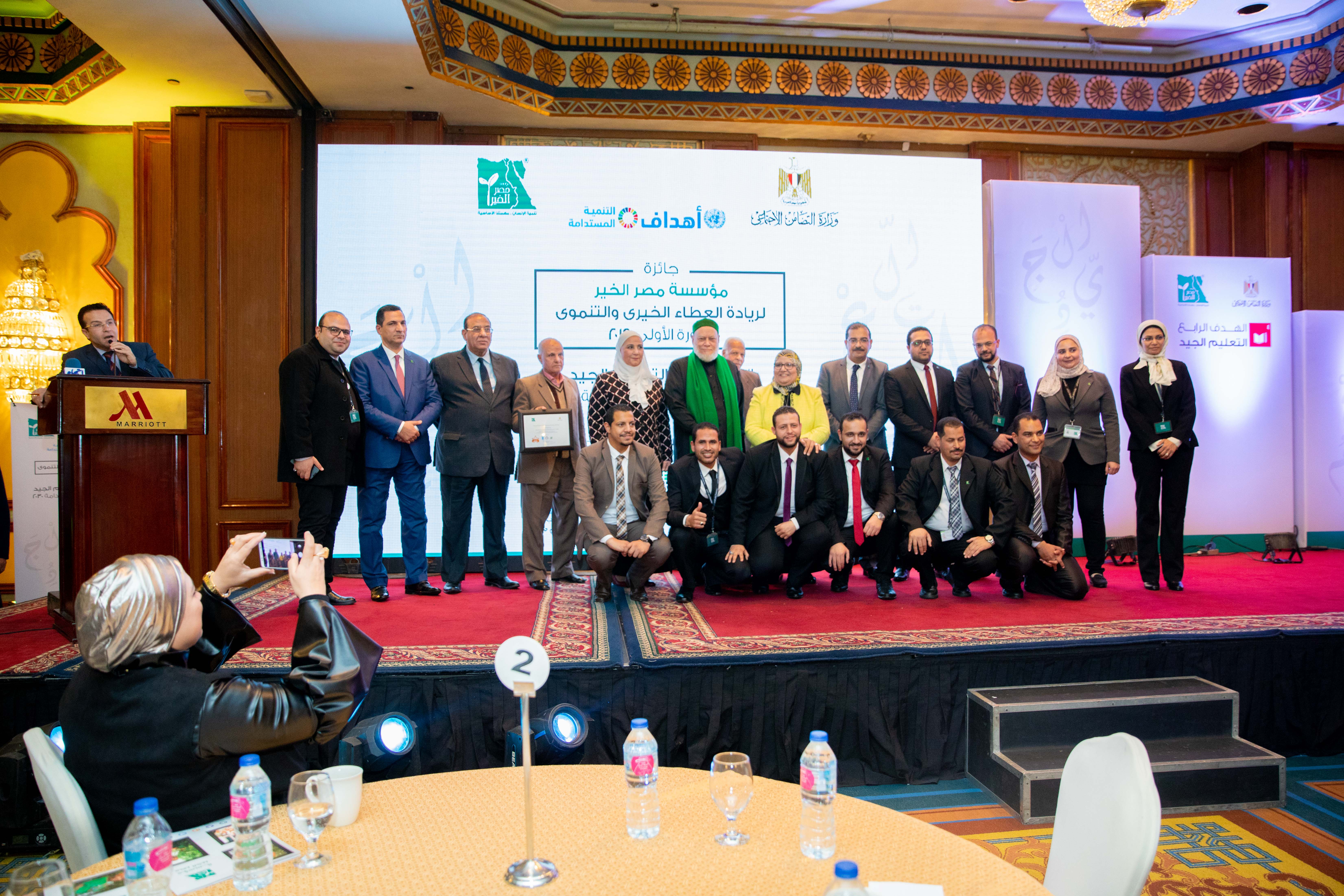Misr Al Khair Award for Leadership in Charitable and Sustainable Development Giving
First session 2019: Quality education
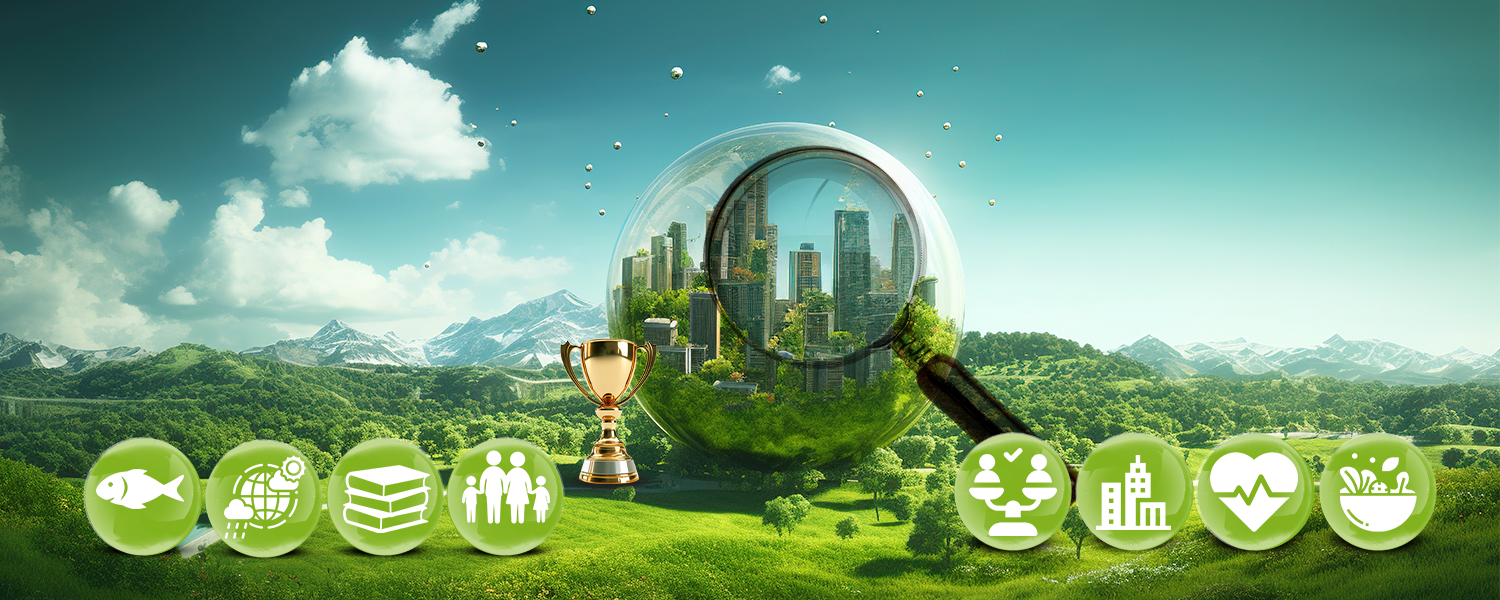

Cycle Period
Jul 3, 2019 - Dec 31, 2019
Development Goal
Good education
Subscription Period
Jul 3, 2019 - Aug 15, 2019
The subject of this cycle of the award:
The fourth goal of the sustainable development goals: quality education
Accessing quality education forms the basis for improving people's lives and achieving sustainable development. By facilitating access to inclusive education, communities can be provided with the tools to develop innovative solutions that help solve the world's major problems.. There are currently more than 265 million children out of school, 22% of whom are of school age. In primary education, children who are already enrolled in schools lack basic skills in reading and mathematics. In the past decade, significant progress has been made in working towards increasing access to education at all levels and increasing school enrollment rates, especially for women and girls. Basic reading and writing skills have improved greatly, but there is still a need for bolder efforts to achieve the goals of comprehensive education. For example, the world has achieved parity in primary education between girls and boys, but few countries have achieved this goal at all levels of education. style="color:black">.
The causes of the lack of quality education are the lack of adequately trained teachers, as well as poor school conditions and equity issues related to opportunities for children in rural areas. To provide quality education to children from poor families, there is still a need to invest in educational scholarships, teacher training workshops, school construction and improving the delivery of water and electricity services in schools..
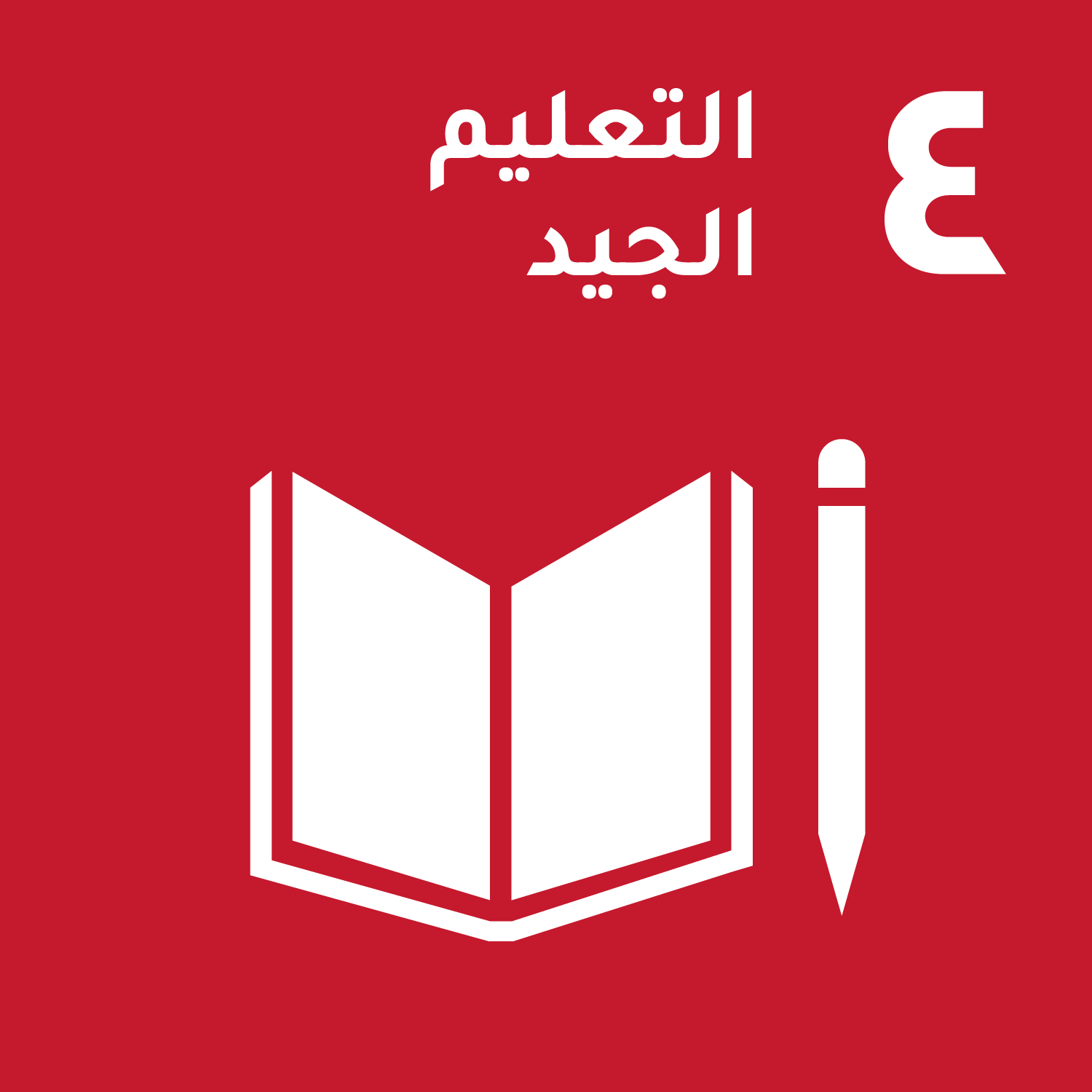
Final report and highlights
Photo Gallery
Goal Objectives: Good education
4.1 Ensure that all girls and boys have free, equitable and quality primary and secondary education, leading to relevant and effective educational outcomes by 2030
4.2 Ensure that all girls and boys have access to good quality early childhood development, care and pre-primary education so that they are ready for primary education by 2030
4.3 Ensure equal access for all women and men to quality and affordable technical, vocational and higher education, including university education, by 2030
4.4 By 2030, significantly increase the number of youth and adults who have the right skills, including technical and vocational skills, to work, hold decent jobs and engage in entrepreneurship.
4.5 Eliminate gender disparities in education and ensure equal access to all levels of education and vocational training for vulnerable groups, including persons with disabilities, indigenous peoples and children living in vulnerable situations, by 2030
4.6 Ensure that all youth and a significant proportion of adults, both men and women, are literate by 2030
4.7 By 2030, ensure that all learners acquire the knowledge and skills necessary to support sustainable development, including through education for sustainable development and sustainable lifestyles, human rights, gender equality, promotion of a culture of peace and non-violence, global citizenship, appreciation of cultural diversity and appreciation of the contribution of culture to sustainable development.
4 (a) Build educational facilities that are sensitive to gender, disability and children, upgrade existing educational facilities and create an effective, safe and violence-free learning environment for all
4 (b) Significantly increase the number of scholarships available to developing countries globally, in particular to least developed countries, small island developing States and African countries, for higher education, including scholarships for vocational training and ICT, technical, engineering and scientific programs in developed countries and other developing countries, by 2020
4 (c) Significantly increase the number of qualified teachers, including through international cooperation to train teachers in developing countries, in particular in least developed countries and small island developing States, by 2030
Target Group
-
First - the main prizes:
-
Associations and civil society institutions, and three associations won.
-
Second - Appreciation Awards :
It will be an appreciation award for one of the pioneers Private workers who have distinguished work and distinguished contributions to achieving the 2030 sustainable development goals.
Conditions for applying for the award: First session 2019: Quality education
First: Conditions for applying for the NGO Award
- thatThe association shall be registered in accordance with the Civil Associations Law and has passed It was declared public for at least three years, and no judicial rulings were issued against it, and none of its projects were stopped, and the association reconciled its conditions in accordance with Law No. 149 of 2019.
- The association must have a fixed headquarters to carry out its activities (ownership deed - lease contract - allocation decision or right benefit) The association’s final account for the last fiscal year should not exceed 20 million pounds.
- Nominations from civil society organizations and associations are submitted on their own without being nominated by other parties. On timeDetermined For deliveryOrders lang="AR-SA">Nomination and noSeeIn ApplicationsSubmitted after the end of the application period. AcceptNomination Whatwhycontinue lang="AR-SA">,And providing all attachmentsRequired in the ad.(According to the guideline for the award)
- Submission must be via email onlyngo@mekeg.org Cannot Associations with projects funded by the Misr Al Khair Foundation.
Main Topics of the Project
- Equal access to educational opportunities: for all girls and boys, both girls and boys, with free, equitable, and quality primary and secondary education, leading to Achieving relevant and effective educational outcomes by 2030
- Provided access to good quality early childhood development, care and pre-primary education
- Acquiring appropriate life and educational skills: including Including technical and professional skills, to work and hold decent jobs.
- Eradicating illiteracy among men and women: equally, through reading, writing, and arithmetic
- Developing and improving educational facilities: that take into account differences between genders, disabilities, and children, raising the level of existing educational facilities and creating an effective, safe, and free educational environment. Violence and high densities in classes for all.
- Providing school scholarships at various educational levels: including vocational training scholarships, ICT, and technical, engineering, and scientific programs in developed and developing countries. The other.
